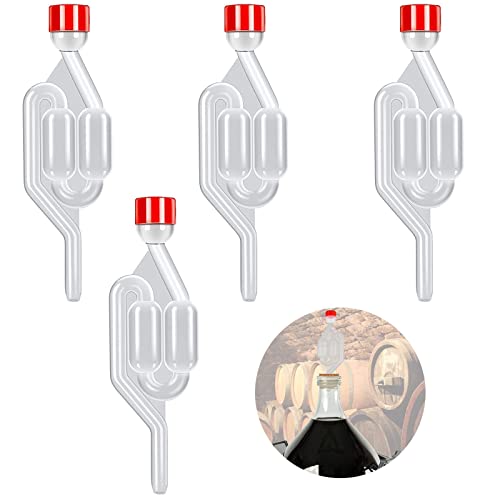mirsultankhan
Landlord.
OK, you could do a Scottish Ale kit:
http://www.tesco.com/direct/youngs-harvest-scottish-ale-40pt/213-6222.prd
They deliver free to your nearest store.
OR you could do an extract plus steeping grains brew:
http://www.jaysbrewing.com/2012/08/01/a-must-make-scottish-beer/
Or you could do a partial mash:
https://byo.com/stories/issue/item/2160-the-brothers-reid-scottish-ale
yes my Scottish harvest ale arrived today, it was very cold and i worried for the yeast. I am amazed that Youngs advise using white sugar??? and their measurements are still in imperial, how long has the UK been metric, sigh. . . anyhow, to my chagrin i read the instructions on the inside of the label as directed and it called for 1.5Kg's of sugar and i had only purchased 1Kg of beer enhancer (dextrose and DME I think) so I will need to purchase another and ad 500g. It was certainly an anticlimax as i was gleefully anticipating brewing today, oh well.
Also what do you think of the idea of priming with different ingredients? I had planned to experiment with a few bottles, perhaps brown sugar as a primer in one, or honey, or beer enhancer or pure dextrose or pure DME, just to see what the effects were if any.







































![BREWING THERMOMETER STICKERS ACCURATELY MONITOR FERMENTING BEER & WINE LIQUID TEMPERATURES 5PCS HOME BREW SPIRITS WINE LCD ADHESIVE [US]](https://m.media-amazon.com/images/I/311DDjo2X3L._SL500_.jpg)
